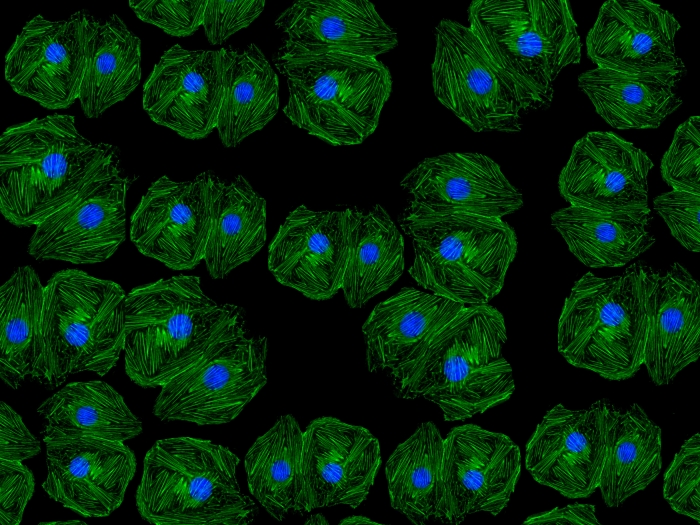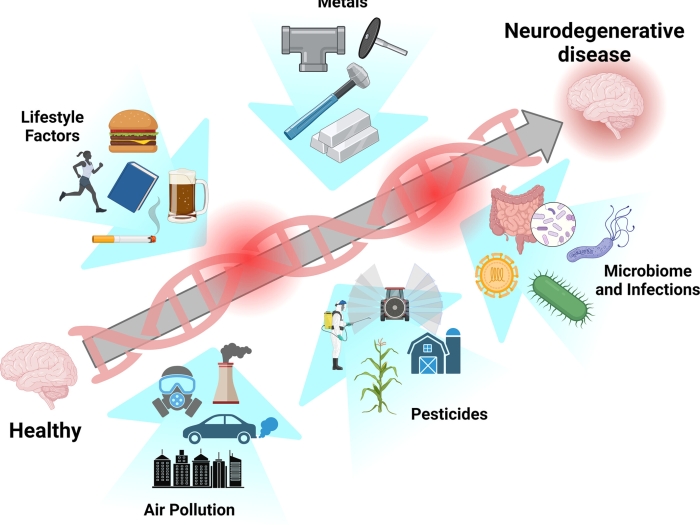
Available to mentor

Dr. Kevin Chen is the Frances and Kenneth Eisenberg Emerging Scholar, and a Clinical Assistant Professor in the Department of Neurosurgery with joint appointment in Neurology. Dr. Chen completed his Neurosurgical residency at Michigan Medicine, and additionally completed a fellowship in Stereotactic/Functional Neurosurgery at Stanford University. His clinical interests center on treating dysfunctional neural circuits, and using neuromodulation to help symptoms of movement disorders (e.g., Parkinson's disease, essential tremor, dystonia, etc.). Similarly, he has interest in neuromodulation using spinal cord stimulation for the treatment of certain chronic pain syndromes (e.g., complex regional pain syndrome, diabetic neuropathy, etc.), or use of intrathecal drug delivery (e.g., spasticity). He also has expertise in the surgical treatments of epilepsy, including vagal nerve stimulators, stereoelectroencephalography, responsive neurostimulators, deep brain stimulation for epilepsy, laser interstitial thermal therapy, and temporal lobectomy. During fellowship training, he also received training in the use of MRI-guided focused ultrasound, an incision-less approach for the treatment of movement disorders.
Neuronetwork for Emerging Therapies Profile
-
Clinical FellowshipStanford Health Care, Neurosurgery, 2019
-
ResidencyMichigan Medicine, Neurosurgery, 2018
-
MDDuke University, DUMC 3878, 2011
-
BAThe Johns Hopkins University, Baltimore, 2007
-
Center MemberEisenberg Family Depression Center
Stem cells are a particular focus of Dr. Chen's research, specifically induced pluripotent stem cells (iPS). These cells are created from tissue that is easily obtainable from adult patient donors, for example skin cells, and can be quickly grown in a culture dish. By genetically reprogramming these cells, they revert back to a “stem cell” state and can then be formed into nerve cells to form new brain connections. Dr. Chen is studying how these connections may impact ALS, Alzheimer's disease, and other dementias. The ability to regulate nerve activity with new nerve connections could eventually also be applied to other neurodegenerative disorders, such as Parkinson’s disease, as well as other conditions, such as epilepsy, stroke, chronic pain, and psychiatric diseases.
-
Chen KS, Noureldein MH, McGinley LM, Hayes JM, Rigan DM, Kwentus JF, Mason SN, Mendelson FE, Savelieff MG, Feldman EL. Front Aging Neurosci, 2023 15: 1306004Journal ArticleHuman neural stem cells restore spatial memory in a transgenic Alzheimer's disease mouse model by an immunomodulating mechanism.
DOI:10.3389/fnagi.2023.1306004 PMID: 38155736 -
Chen KS, Noureldein MH, Rigan DM, Hayes JM, Savelieff MG, Feldman EL. bioRxiv, 2023 Nov 4;Journal ArticleRegional interneuron transcriptional changes reveal pathologic markers of disease progression in a mouse model of Alzheimer's disease.
DOI:10.1101/2023.11.01.565165 PMID: 37961679 -
McGinley LM, Chen KS, Mason SN, Rigan DM, Kwentus JF, Hayes JM, Glass ED, Reynolds EL, Murphy GG, Feldman EL. Clin Transl Med, 2022 Sep; 12 (9): e1046Journal ArticleMonoclonal antibody-mediated immunosuppression enables long-term survival of transplanted human neural stem cells in mouse brain.
DOI:10.1002/ctm2.1046 PMID: 36101963 -
McGinley LM, Willsey MS, Kashlan ON, Chen KS, Hayes JM, Bergin IL, Mason SN, Stebbins AW, Kwentus JF, Pacut C, Kollmer J, Sakowski SA, Bell CB, Chestek CA, Murphy GG, Patil PG, Feldman EL. Stem Cells Transl Med, 2021 Jan; 10 (1): 83 - 97.Journal ArticleMagnetic resonance imaging of human neural stem cells in rodent and primate brain.
DOI:10.1002/sctm.20-0126 PMID: 32841522 -
Chen KS, McGinley LM, Kashlan ON, Hayes JM, Bruno ES, Chang JS, Mendelson FE, Tabbey MA, Johe K, Sakowski SA, Feldman EL. Nat Protoc, 2019 Feb; 14 (2): 331 - 349.Journal ArticleTargeted intraspinal injections to assess therapies in rodent models of neurological disorders.
DOI:10.1038/s41596-018-0095-5 PMID: 30610242 -
McGinley LM, Kashlan ON, Bruno ES, Chen KS, Hayes JM, Kashlan SR, Raykin J, Johe K, Murphy GG, Feldman EL. Sci Rep, 2018 Oct 3; 8 (1): 14776Journal ArticleHuman neural stem cell transplantation improves cognition in a murine model of Alzheimer's disease.
DOI:10.1038/s41598-018-33017-6 PMID: 30283042 -
Bentley JN, Khalsa SSS, Kobylarek M, Schroeder KE, Chen K, Bergin IL, Tat DM, Chestek CA, Patil PG. J Neurosci Methods, 2018 Jul 15; 305: 89 - 97.Journal ArticleA simple, inexpensive method for subcortical stereotactic targeting in nonhuman primates.
DOI:10.1016/j.jneumeth.2018.05.007 PMID: 29768185 -
McGinley LM, Kashlan ON, Chen KS, Bruno ES, Hayes JM, Backus C, Feldman S, Kashlan BN, Johe K, Feldman EL. Ann Clin Transl Neurol, 2017 Oct; 4 (10): 749 - 755.Journal ArticleHuman neural stem cell transplantation into the corpus callosum of Alzheimer's mice.
DOI:10.1002/acn3.443 PMID: 29046883


